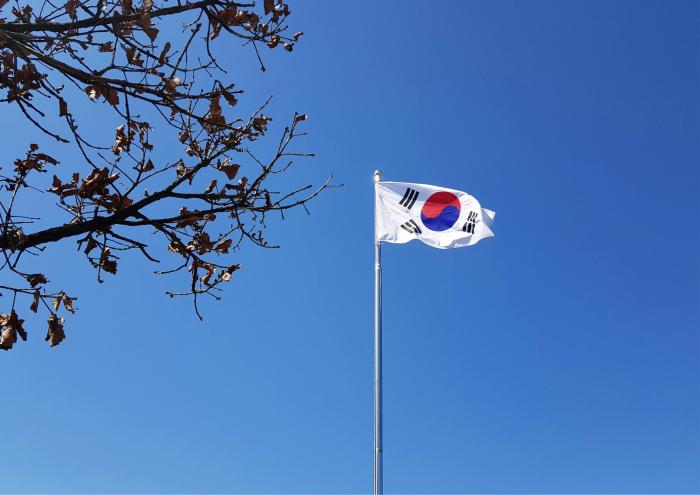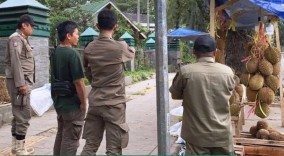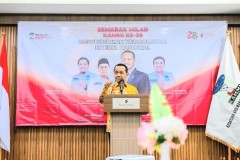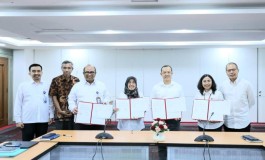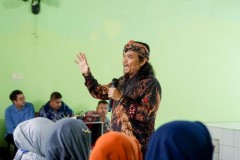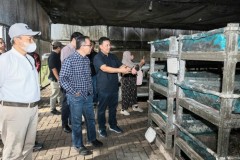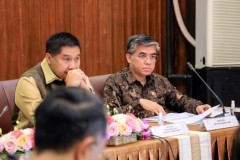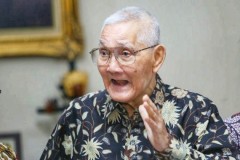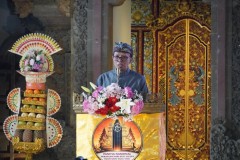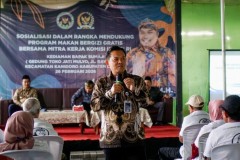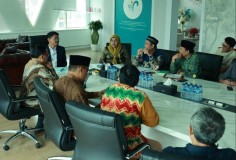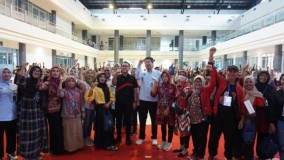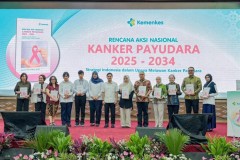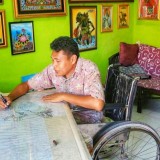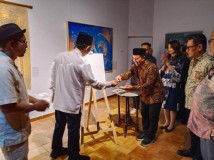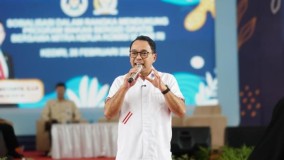NARASINETWORK.COM - Chuseok, often referred to as Hangawi, is one of the most significant traditional holidays in South Korea, embodying a rich tapestry of cultural values, historical practices, and communal spirit. Celebrated annually on the 15th day of the eighth month of the lunar calendar, a time when the moon is at its fullest and brightest this festival transcends a mere public holiday, serving as a pivotal moment for thanksgiving, family reunification, and the perpetuation of cherished traditions. Its enduring relevance in contemporary Korean society underscores a deep-rooted connection to heritage and a profound appreciation for life's blessings.
At its core, Chuseok is a harvest festival, a time when Koreans express profound gratitude for the year's bountiful yield. Historically, agrarian societies relied heavily on successful harvests for survival, making this period of thanksgiving paramount. The act of offering newly harvested crops to ancestors, known as charye, is a central ritual, symbolising respect, filial piety, and an acknowledgement of the lineage that sustains the present generation.
This practice not only reinforces familial bonds but also connects individuals to their ancestral roots, fostering a sense of continuity and belonging. The Korean proverb, "May every day be as bountiful as Hangawi" (더도 말고 덜도 말고 한가위만 같아라), perfectly encapsulates the festive and generous spirit of this occasion, wishing for continuous prosperity and happiness akin to the abundance experienced during Chuseok.
The celebration is further characterised by a variety of distinct customs and culinary delights that bring families and communities together. Among the most iconic is Songpyeon, half-moon-shaped rice cakes meticulously prepared with various fillings such as sesame seeds, chestnuts, or red beans. The unique shape of Songpyeon is believed to represent a wish for a prosperous future, as the half-moon is thought to signify growth and development towards a full moon.
Beyond the gastronomic pleasures, Chuseok is also a vibrant canvas for traditional folk games and cultural festivities. Activities like Ganggangsullae, a traditional Korean circle dance performed by women under the full moon, and Jegichagi, a shuttlecock kicking game, are not merely recreational but serve to strengthen community ties, foster camaraderie, and preserve ancient forms of entertainment. These collective activities underscore the communal aspect of Chuseok, where joy is shared and bonds are reinforced.
Ultimately, Chuseok is a powerful reflection of Korea's enduring cultural values. It accentuates the importance of family unity, emphasising the gathering of relatives from far and wide to share meals, stories, and laughter. This focus on kinship provides a vital counterpoint to the fast-paced nature of modern life, offering a designated time for reflection and reconnection.
Furthermore, the ancestral rites performed during Chuseok highlight the deep respect for elders and ancestors, a cornerstone of Confucian ethics that continues to shape Korean society. The festival also subtly reinforces an appreciation for nature's cycles and the hard work involved in cultivation. As a cultural touchstone, Chuseok continues to be celebrated with fervour, not only within the Korean peninsula but also by the global Korean diaspora, serving as a powerful reminder of their identity and heritage.
In conclusion, Chuseok is far more than just a holiday; it is a profound cultural institution that weaves together themes of gratitude, family, tradition, and ancestral reverence. Through its unique customs, symbolic foods, and communal activities, it provides a vital annual opportunity for Koreans to honour their past, celebrate their present blessings, and look forward to a prosperous future. The enduring spirit of Chuseok ensures that the rich legacy of Korean culture continues to flourish, connecting generations and reinforcing the fundamental values that define the nation.

